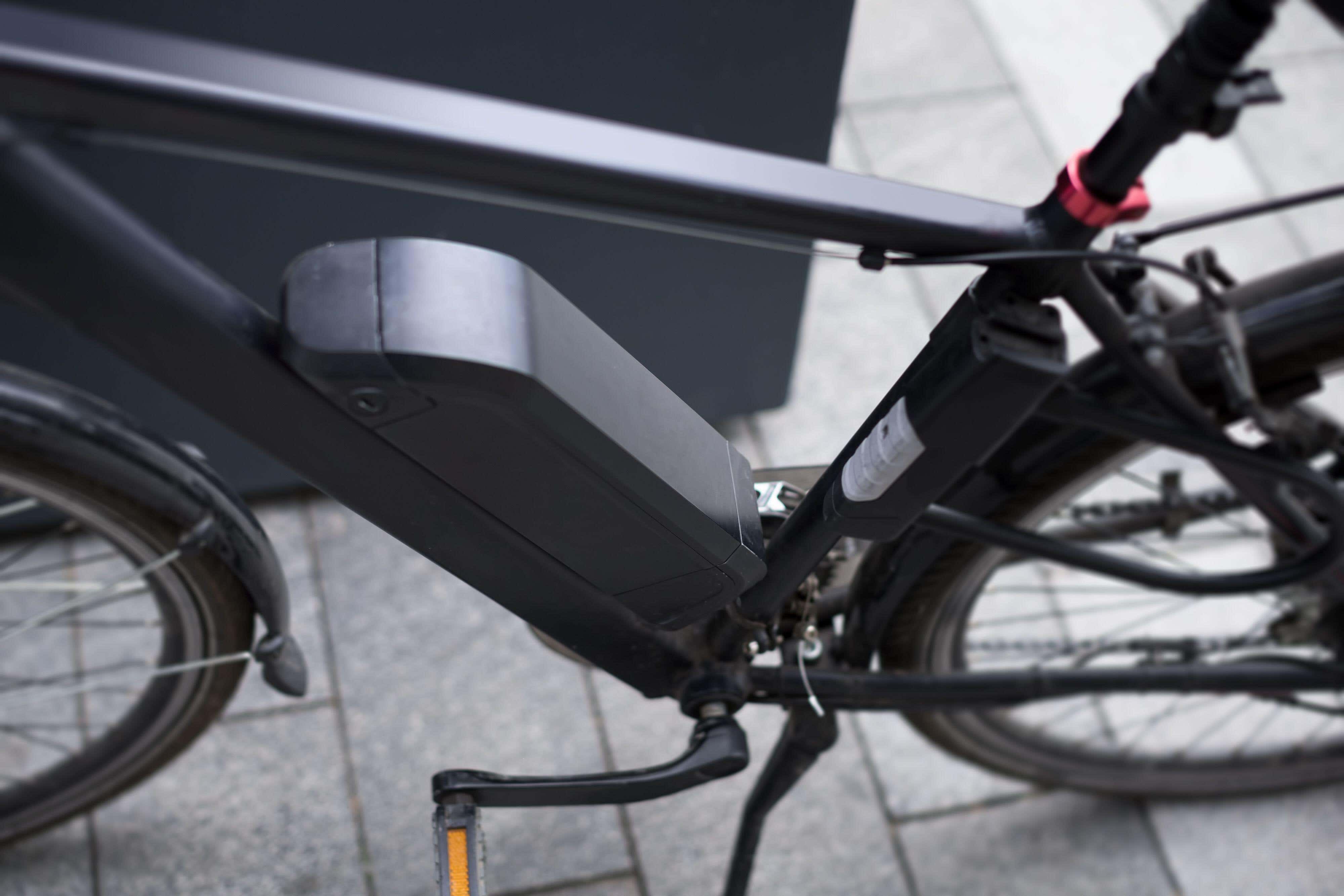E-bikes and video doorbells added to UK inflation basket
The Official for National Statistics said the annual update of the basket has seen alcopops and non-chart CDs among items given the boot.

Your support helps us to tell the story
From reproductive rights to climate change to Big Tech, The Independent is on the ground when the story is developing. Whether it's investigating the financials of Elon Musk's pro-Trump PAC or producing our latest documentary, 'The A Word', which shines a light on the American women fighting for reproductive rights, we know how important it is to parse out the facts from the messaging.
At such a critical moment in US history, we need reporters on the ground. Your donation allows us to keep sending journalists to speak to both sides of the story.
The Independent is trusted by Americans across the entire political spectrum. And unlike many other quality news outlets, we choose not to lock Americans out of our reporting and analysis with paywalls. We believe quality journalism should be available to everyone, paid for by those who can afford it.
Your support makes all the difference.E-bikes and home security cameras have been added to the basket of goods used to calculate inflation as new technology and concerns over the environment shape the nation’s buying habits, according to the Office for National Statistics.
Economists at the Office for National Statistics (ONS) said that frozen berries have also been introduced to the inflation basket for the first time due to the popularity of home-made smoothies.
The annual update of the basket of goods and services has seen 26 items added and 16 removed from the more than 700 chosen by the ONS to represent what Britons typically spend their money on.
It sees a shift from the additions in recent years, when hand sanitisers and antibacterial hand surface wipes made it on to the list as households reacted to the pandemic.
The impact of mobile phone technology continues to resonate with the removal of CDs and digital cameras from our basket, reflecting how most of us listen to music and take pictures straight from our phones these days
The ONS said: “The influence of the Covid-19 pandemic on the basket, which has been so obvious over the last couple of years, has faded from our shopping habits in 2023.
“This year’s changes point to the evolving choices of consumers, the rise of new technology and an increasing awareness of our health and environment.”
Items scrapped from the basket include CDs from outside the Top 40 charts as the rise of music streaming continues to see CD sales dwindle, with non-film DVDs another to be shown the exit from the collection.
Alcopops – which soared in popularity in the 1990s – have also been kicked out, alongside digital compact cameras, given that mobile phone cameras are now the norm.
Mike Hardie, ONS deputy director of prices transformation at the ONS, said: ”The impact of mobile phone technology continues to resonate with the removal of CDs and digital cameras from our basket, reflecting how most of us listen to music and take pictures straight from our phones these days.”
With those given the boot, the list of new entrants shows the switch to new technologies as video doorbells and home security cameras are added, while computer game accessories and soundbars have also been included, as well as home printers.
Mr Hardie said the focus on the environment has also played a part this year, with e-bikes added for the first time.
“With many people looking to reduce their impact on the environment, we have also introduced e-bikes, whose popularity has risen significantly in recent years,” he said.
There has also been a raft of changes in the food people are buying, with dairy-free spreads added to the basket as the free-from range continues to expand.
Myron Jobson, senior personal finance analyst at interactive investor, said: “The latest inflation basket reflects a changing market – one that is both increasingly technologically savvy and health conscious.”
He added: “As habits change, what is counted as “everyday” has evolved.
“The ONS basket of goods become ever more diverse, with the inclusion of products that some of us wouldn’t even dream of buying.
“Items enter the basket for various reasons, with some making the statisticians’ shopping list because of consumer popularity, or simply to diversify the range of products for already established items.”
The ONS said it was also changing the data used to calculate rail fares, switching from the Office for Rail and Road’s rail fares index to the Rail Delivery Group, which uses more than 30 million price points in producing the index.
“Our new data source for rail fares will see a big improvement in our calculation for rail fares, which form part of our wider transformation plans to move away from physical price collection and introduce new, bigger data sources in coming years,” said Mr Hardie.